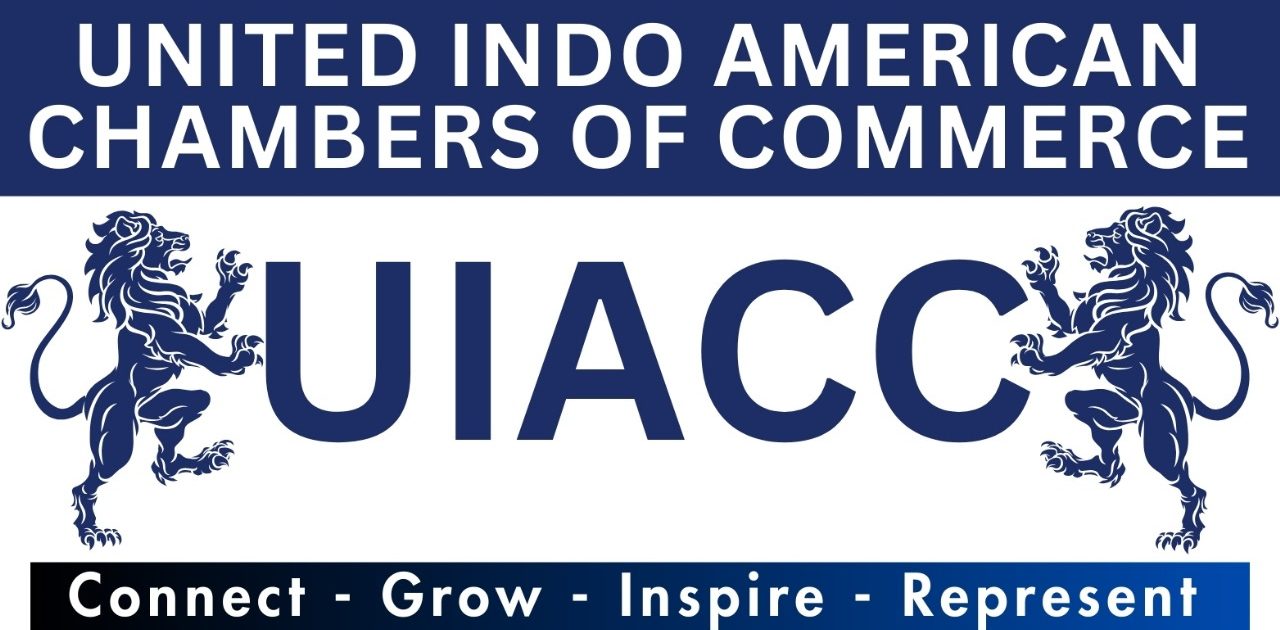Interview with Nikhil Kamath: Co-Founder – Zerodha
Q: Nikhil, Zerodha has revolutionized the brokerage industry in India. What inspired you to start this venture?
Nikhil Kamath: The inspiration for Zerodha came from our own experiences as traders. We realized that traditional brokerages charged exorbitant fees, making it challenging for retail investors to participate actively in the markets. The lack of transparency and accessibility was a clear gap, and we wanted to create a platform that was fair, simple, and cost-effective for everyone.
Q: What were the biggest challenges you faced in Zerodha’s early days, and how did you tackle them?
Nikhil Kamath: The initial challenge was convincing people to trust a new platform. The financial services industry is deeply rooted in relationships, and many were skeptical about adopting a purely digital, discount brokerage model. We focused on providing exceptional service and transparency, which gradually built our reputation. Another challenge was scaling the technology to handle growing volumes, and we invested heavily in infrastructure to ensure a seamless user experience.
Q: Zerodha introduced a flat-fee pricing model that disrupted the industry. What was the thought process behind this approach?
Nikhil Kamath: The flat-fee pricing model was designed with the retail investor in mind. We wanted to eliminate barriers to entry and ensure that trading and investing were affordable. By keeping costs low and transparent, we could empower more people to participate in the markets without worrying about excessive fees eating into their returns. It was a risk, but it resonated with our audience.
Q: Can you share a defining moment in Zerodha’s journey that solidified its success?
Nikhil Kamath: A pivotal moment was when we became the largest retail brokerage firm in India. It was a validation of our model and showed that a customer-first approach could work in the financial services industry. Another milestone was the launch of Kite, our in-house trading platform. Its intuitive design and performance significantly enhanced user engagement and brought in a wave of new clients.
Q: As an entrepreneur, what are some lessons you’ve learned from building Zerodha?
Nikhil Kamath: One of the key lessons is the importance of staying true to your vision, even when the odds seem against you. We focused on building a sustainable business rather than chasing funding or unsustainable growth. Simplicity, both in product design and business strategy, has been our guiding principle. Listening to customer feedback and continuously iterating has also been crucial to our success.
Q: Zerodha has ventured into financial education and other initiatives. What’s next for the company?
Nikhil Kamath: Our focus is on deepening financial literacy in India. Through initiatives like Varsity, we aim to educate people about investing and personal finance. We’re also exploring ways to integrate technology further, with tools that help users make smarter financial decisions. Sustainability is another key area for us—we want to continue building solutions that empower individuals while staying aligned with our core values.
Q: What advice would you give to aspiring entrepreneurs in the fintech space?
Nikhil Kamath: Focus on solving real problems rather than just creating products. The fintech space is competitive, and the key to standing out is delivering genuine value to your customers. Build for the long term, prioritize sustainability, and be prepared to adapt to a rapidly changing landscape. Most importantly, stay customer-centric—understanding and meeting their needs should be your north star.





